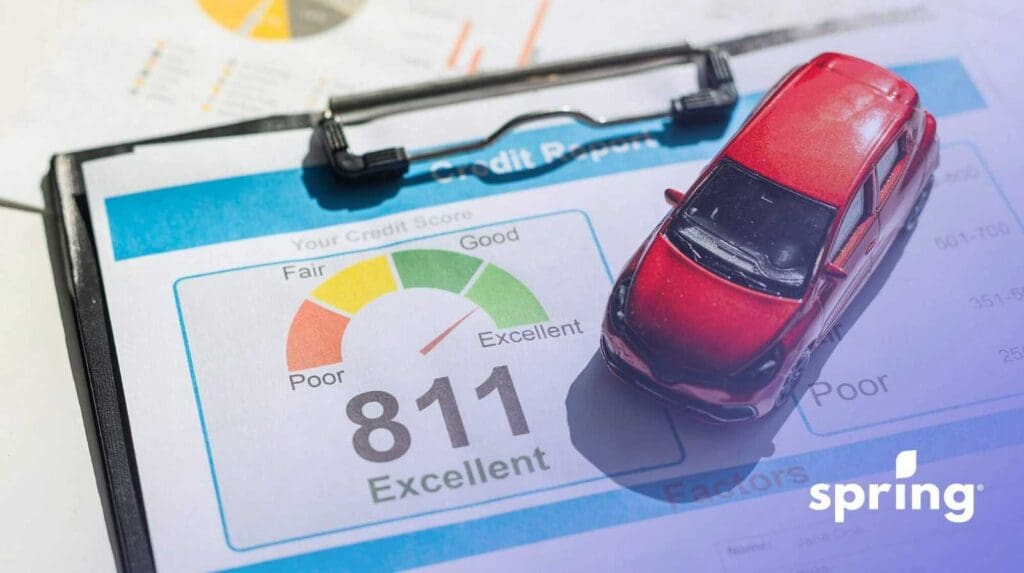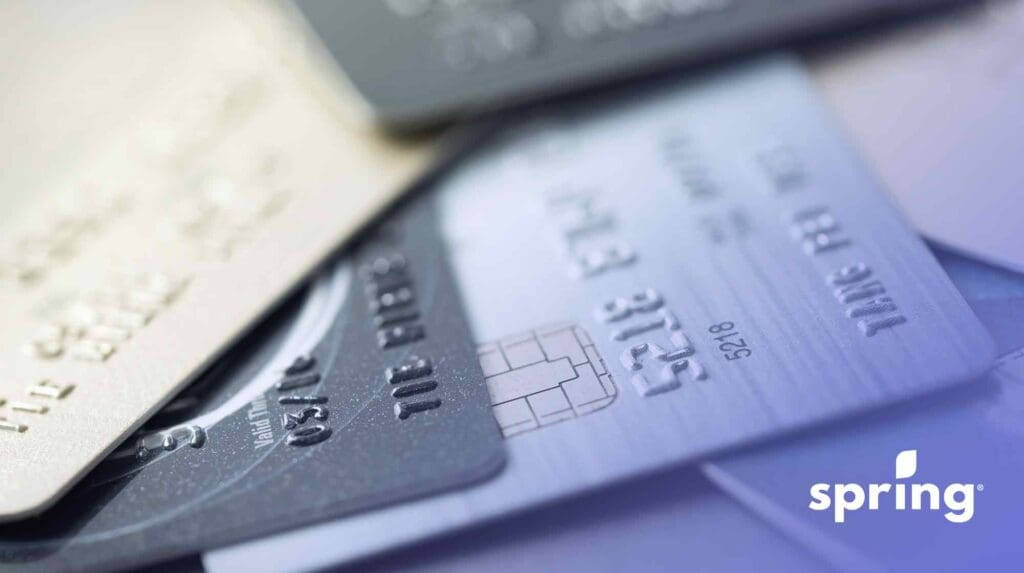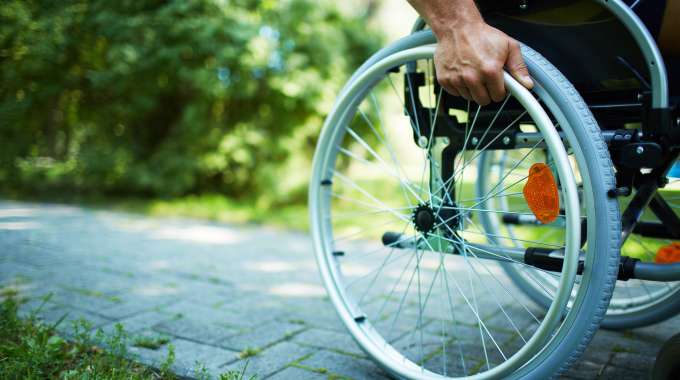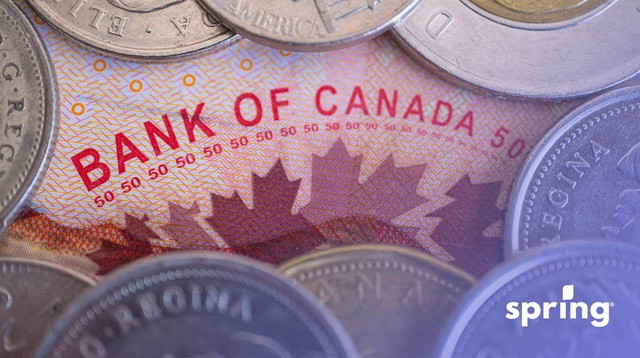While you can still make ends meet when you’re living paycheque to paycheque, it can make it difficult to pay for unexpected expenses. Saving just a little bit here and there can make a large difference in the future and help you make your money go further. Here are some ways you can reduce your spending as well as save money.
What Living Paycheque to Paycheque Means
While the term “paycheque to paycheque” is vague, it means that if you ever lose your income level and make less money, you won’t be able to pay your monthly bills. Often, those who live this way still afford basic everyday necessities such as bill payments and extras like gym memberships. It’s when they lose their income that they don’t have a backup plan.
In Canada, if you do lose your job due to no fault of your own, you’re able to get Employment Insurance, but this only gives you a percentage of your income, and for many, it isn’t enough money. This is why it’s important to either live below your means, have savings, or even both.
Ways To Save Money
If you’re looking to start saving your money and reduce your living expenses, there are a few things that you can do in order to start. Whether you’re looking to use these funds to save for emergency expenses or are looking to save for a down payment, using some of these methods can help you get a head start.
Budgeting Apps
The first thing you should do when you’re starting to save money is to create a budget. Once you draw up a budget, you’ll be able to see where the majority of your money goes and what you should realistically be spending. Just by taking ownership of your money management, you’ll notice your spending on unnecessary expenses decreases.
With the abundance of apps you can choose from nowadays, there are plenty of budgeting apps that you can access directly from your phone. With many of these apps, you can also link your bank account in order to see where your monthly expenses are taking place as well as to set up savings.
Automate Your Savings
For many Canadians, out of sight out of mind is crucial when it comes to saving money. If you don’t have access to the funds, you can’t spend them. This is why many who receive a living wage and are able to, set up automated savings accounts. These accounts take out a designated amount of money every payday and put it into a savings account. You can even lock these accounts so you can only have access if you go into the bank.
Cut Your Spending
Once you’ve started budgeting your money, you’ll get an in-depth look at where you’re actually spending your money. This makes it easier to cut your spending. You can take a look at each category and then determine which are negotiable and which aren’t.
Paying Off Debt
One of the best ways to begin to stop living paycheque to paycheque is by paying off your debt. While you may not be able to pay off your consumer debt immediately, you can include it in your budget to pay it off as fast as you can. This not only helps you save money, but it will also end up costing you less in interest.
Avoid Debt
In the case of emergency expenses, you may not be able to avoid debt. That said, if you’re unable to avoid regular purchases without going into debt, then you shouldn’t make them. A good rule of thumb to follow is to only buy what you can afford, no matter if you earn minimum wage or not.
Prep For Grocery Shopping
One place where it’s really simple to overspend is the grocery store. That said, there are ways you can avoid this. One of the simplest is to not go grocery shopping when you’re hungry. If you’re hungry, you’re more likely to impulse buy instead of just buying what you need.
Before you go to the grocery store, it’s a good idea to come up with a meal plan for the week and make a list of what ingredients you need for these recipes. While you’re making this list, you can also check the flyers to see what’s on sale and create your recipes around those.
In Canada, most grocery stores also price match. This means that if a product is on sale at another store, but not the store you’re shopping at, they will honor the sale price. This can also reduce the cost of your groceries as well as avoid having to drive to multiple stores. Depending on what is on sale, it can also be a good idea to purchase in bulk as long as you have a way to freeze or store that product.
How To Pay Off Debt Faster
In Canada, there are a few different ways that you can pay off your debt faster and stop living paycheque to paycheque, depending on the type of debt that you have. However, no matter which method you choose, it’s usually recommended that you pay off the debt with the highest interest rate first or at least reduce the interest.
Debt Consolidation
If you have more than one consumer debt, it might be a good idea to consolidate your debt. How debt consolidation works is you combine all of your debt into one monthly payment. You’ll take out a new loan that will cover all of your debt, and you’ll pay it off.
Then you’ll just make one payment per month. If you have a lot of high-interest debt, such as credit cards, then this can reduce your monthly payments, pay off your debt faster and give you more spending money.
Balance Transfers
When it comes to credit card debt, a great way to reduce your payments is to get a balance transfer card. These often have lower interest rates and sometimes offer 0% interest for 9 months to a year.
If you transfer the balance from your credit card to one of these cards, then you may be able to pay it off with minimal interest, leaving you more money left over. You’ll be able to track how fast you’re paying it off, though, with your credit card statements.
Refinance
With personal loans, mortgage payments and car payments, a great way to reduce your monthly payments and pay off what you owe faster is by refinancing. Keep in mind that you’ll need to pay attention to interest rates before you do this. It doesn’t make sense if the interest rate is going to be higher than your original rate.
Set Up A Payment Plan
The simplest way to pay off your debt faster is to create a payment plan. By having an idea in mind of how much you’re willing to put towards your debt payments every month, you’re more likely to do so. You can even use this payment plan to create automatic payments, so you’re less likely to miss that money.
Make Overpayments
If you just make your minimum monthly payments every month, it’s going to cost more in interest and take longer to pay off the debt. Even if you can only afford an extra $50, even overpayment counts and reduces your interest. You can set these payments up automatically or just do so whenever you can afford it. Either way, every overpayment will increase the speed at which you pay off your debt.
Canadians That Live Paycheque to Paycheque
While it may not surprise you that many Canadians live paycheque to paycheque, what may surprise you is that it’s at least 50%. Not many Canadians have an emergency fund or are prepared to pay for emergency expenses. Often, they have to borrow money instead of using emergency savings when these expenses come up. Even 25% of those who earn $100,000 or more annually are living paycheque to paycheque.
Average Yearly Savings For Canadians
Since many Canadians are living paycheque to paycheque, the amount of money they have in savings is lower than it has been in other years. Annually the average Canadian only saves around 6% of their disposable income. This includes saving for retirement in registered accounts.
Americans Living Paycheque to Paycheque
While it’s noted that 50% of Canadians live paycheque to paycheque, this percentage is actually much higher in the US. In the US, it is 75%. This is a large number of Americans who are unprepared for an emergency and need to take out more debt in order to cover the costs.
Other Ways to Stop Living Paycheque to Paycheque
If you’re unable to stop living paycheque to paycheque with your current salary, you can get a side hustle. Since this income wouldn’t be factored into your current budget, everything you make can go into savings or toward your debt.
Another thing you can do is downsize. You may be spending more than you earn. In this case, you can reduce your transportation costs by downsizing to one vehicle. You can reduce your monthly subscription as well or even avoid outings that aren’t required.
Final Thoughts
If you’re looking to find financial freedom, a good place to start is by taking a look at your debt and figuring out the fastest way that you can pay it off. This can be done using debt consolidation, making overpayments or even refinancing your debt so you’re paying it back at a lower interest rate. If possible it’s also a good idea to build up some savings while you’re paying back your debt.
Whether or not you have debt to pay back, it’s also a good idea to create and manage your budget. This allows you to pay attention to your spending and figure out which areas of spending can be reduced. By actively changing and updating your budget, you can manage your finances better and reduce the amount of money you need to borrow.
In Canada, Canadians have a large amount of consumer debt, which makes it difficult for them to get ahead. The best way you give yourself financial freedom and avoid living paycheque to paycheque is by avoiding debt all altogether. However, we do know that’s not always possible. This is why it’s important to pay attention to your finances and prioritize your payments.









